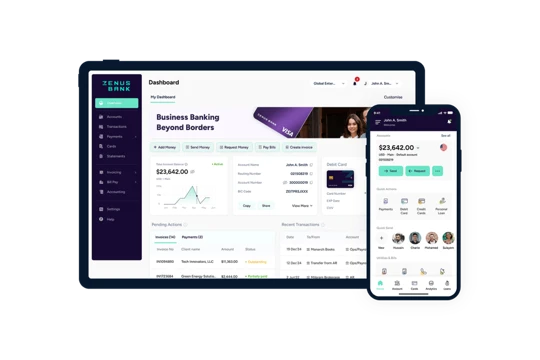The evolution of payment processing
Technology
In the rapidly evolving financial technology space, payment processing has undergone a remarkable transformation. Driven largely by the rise of fintech companies and the emergence of Payment Facilitators (payfacs), this evolution has not only streamlined transactions but also reshaped how businesses and consumers interact with money. Let’s delve into the fascinating journey of payment processing and the pivotal role of payfacs in this evolution.
From traditional processing to payfacs
Traditionally, payment processing involved cumbersome procedures, lengthy wait times, and a myriad of intermediaries, including merchant acquirers. Merchants had to navigate complex networks of banks, processors, and gateways to facilitate transactions. Each step added time and cost to the process, often resulting in inefficiencies and delays. The negotiation of interchange fees was a critical aspect of this process, influencing costs for both merchants and consumers.
The advent of fintech brought about a seismic shift in the payment processing landscape. Fintech startups leveraged novel technologies to streamline processes, enhance security, and improve user experience. This ushered in an era of accelerated innovation. Mobile payment solutions and digital wallets technology emerged as disruptors, offering faster, more secure alternatives to traditional methods.
The Rise of payment facilitation
Central to the evolution of payment processing is the concept of payment facilitation. A payfac is a third-party entity that simplifies the merchant onboarding process by aggregating transactions for multiple businesses under its own merchant account. This marks a significant departure from the business-as-usual model, where individual merchants are required to establish their own merchant accounts, creating substantial barriers to entry. Merchant acquirers play a crucial role in facilitating these processes, providing services like authorization, settlement, and funding of transactions.
One of the key benefits of the payfac model is its streamline onboarding process. Instead of undergoing the lengthy approval process required by traditional merchant account providers, merchants can sign up with a payment facilitator and start accepting payments almost instantly. This frictionless onboarding experience has democratized payment processing, empowering businesses of all sizes to participate in the digital economy.
Enhanced user experience
But that wasn’t the only positive development. Payment facilitation also led to better user experiences for consumers, and merchants too. With simplified integration processes and intuitive interfaces, merchants these days can easily manage transactions and access valuable analytics. Zenus’ own Payment Facilitation solution ensures a high level of control and transparency, while opening opportunities for businesses to attract more clients. For consumers, seamless checkout experiences and a variety of payment options have become the norm, fostering trust and loyalty.
At a time when increasing cyber threats and regulatory scrutiny, security and compliance are paramount in payment processing. Payfacs are a great solution in this scenario because they employ robust security measures and adhere to strict compliance standards to safeguard sensitive information and mitigate risks. Through advanced encryption technologies and proactive monitoring, payment facilitators provide peace of mind to merchants and consumers alike.
Global Impact
The impact of payment facilitation extends beyond borders, transforming the way businesses transact on a global scale. Cross-border payments, once plagued by high fees and lengthy settlement times, have become more accessible and cost-effective due to advancements in fintech. Traditional banking systems often imposed substantial fees and delays on cross-border transactions, hindering businesses’ ability to expand internationally.
However, fintech innovations such as BIN sponsorship and Payments-as-a-Service models have revolutionized the landscape. BIN sponsorship allows payment facilitators to sponsor merchants under their own BIN, streamlining the onboarding process and reducing regulatory burdens. Additionally, Payments-as-a-Service models offer businesses a comprehensive suite of payment solutions, including processing, risk management, and compliance services, all delivered through a single platform. These innovations have not only simplified cross-border transactions but have also provided businesses with greater flexibility and control over their payment processes.
Conclusion
The evolution of payment processing has been a journey marked by innovation, disruption, and transformation. Fueled by fintech and driven by the rise of payment facilitators, payment processing has evolved from a cumbersome process into a seamless, user-centric experience. As we embrace the opportunities and challenges of the digital age, one thing is clear: the future of payments is bright, powered by technology and driven by progress.
If you are interested in learning more about a range of advanced payment solutions, check out our PayFac solution for digital payment acceptance or Fast Funds, our payment processing solution.



